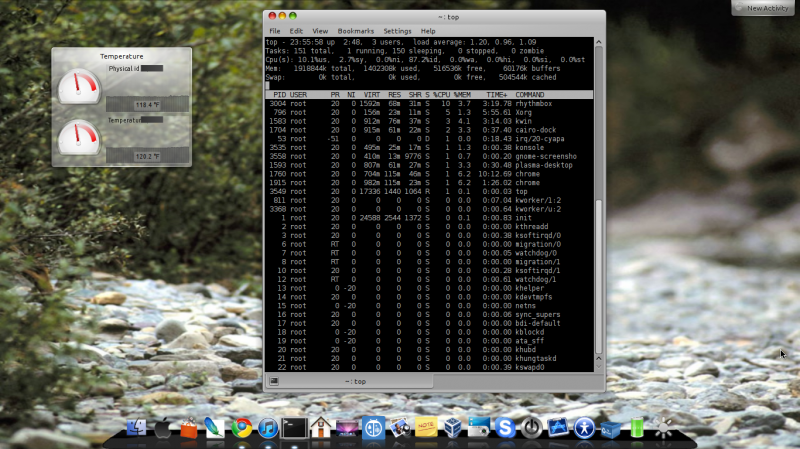I just installed it; it looks promising. I played around with the US map, tried out a few of the tests (oh dear...my geography is much rustier than I thought, but I knew all the state capitals!). I didn't see any errors, but I dislike how a state, once selected as an answer, isn't dimmed out or something to show you've already correctly selected it.
Yes, definitely a bug report. However, its Help | About info says to file bugs at bugs.kde.org, so that's where I'd do it; here's their page there.
I'll try bug report later, when I got more time. Now I'm wondering if it is a bug or mistake, or it could be that the devs have taken the "republican" view that Northern Ireland is part of Ireland (Republic of Ireland), i.e. it's political and part of "The Troubles".
http://en.m.wikipedia.org/wiki/The_Troubles
In Gnome under the region and language settings I've seen Taiwan listed as "Taiwan Province of China" rather than "Taiwan Republic of China". Province of China is what the Beijing government says, because it's of the opinion that Taiwan is part of mainland PRC and not a separate country.
Think the United Nations, certainly the CIA World Factbook and the Taiwan government refers to it as Republic of China, and not part of mainland PRC at all. Taiwan ROC. KGeography refers to it as a separate country.





